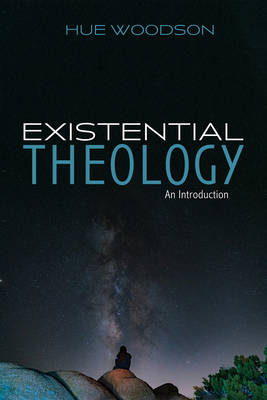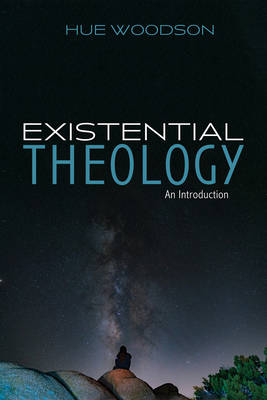
- Retrait gratuit dans votre magasin Club
- 7.000.000 titres dans notre catalogue
- Payer en toute sécurité
- Toujours un magasin près de chez vous
- Retrait gratuit dans votre magasin Club
- 7.000.0000 titres dans notre catalogue
- Payer en toute sécurité
- Toujours un magasin près de chez vous
Description
Existential Theology: An Introduction offers a formalized and comprehensive examination of the field of existential theology, in order to distinguish it as a unique field of study and view it as a measured synthesis of the concerns of Christian existentialism, Christian humanism, and Christian philosophy with the preoccupations of proper existentialism and a series of unfolding themes from Augustine to Kierkegaard. To do this, Existential Theology attends to the field through the exploration of genres: the European traditions in French, Russian, and German schools of thought, counter-traditions in liberation, feminist, and womanist approaches, and postmodern traditions located in anthropological, political, and ethical approaches. While the cultural contexts inform how each of the selected philosopher-theologians present genres of "existential theology," other unique genres are examined in theoretical and philosophical contexts, particularly through a selected set of theologians, philosophers, thinkers, and theorists that are not generally categorized theologically. By assessing existential theology through how it manifests itself in "genres," this book brings together lesser-known figures, well-known thinkers, and figures that are not generally viewed as "existential theologians" to form a focused understanding of the question of the meaning of "existential theology" and what "existential theology" looks like in its varying forms.
Spécifications
Parties prenantes
- Auteur(s) :
- Editeur:
Contenu
- Nombre de pages :
- 354
- Langue:
- Anglais
Caractéristiques
- EAN:
- 9781532668418
- Date de parution :
- 29-09-20
- Format:
- Livre relié
- Format numérique:
- Genaaid
- Dimensions :
- 178 mm x 254 mm
- Poids :
- 830 g

Les avis
Nous publions uniquement les avis qui respectent les conditions requises. Consultez nos conditions pour les avis.






